In the run-up to the holidays when we rush around, Dóra Pétery and the baroque chamber ensemble Aura Musicale, founded in 1995, will help us to tune in to the spirituality of the holiday season. They give a concert on 21 December at Müpa Budapest, where the specialties of early music will help us to escape from the reality of everyday life and prepare for the upcoming festive season. We spoke to Dóra Pétery, organist, teacher at the Liszt Ferenc Academy of Music and dedicated player of the instrument, who says that the early music genre in the concert’s repertoire brings music to us as a medium and carrier of harmony that unites and governs the world as a whole.
What is the reason to call the organ ‘the queen of the instruments’?
I don’t know why it is considered a queen, but I know that Mozart called it the king of instruments in a letter in which he recounts his experience of the organ in Augsburg in 1777, when he was able to play the organ built by Johann Andreas Stein in the presence of the master. The organ-building master was somewhat sceptical about the composer, who he thought was primarily skilled in the piano style fashionable at the time. Mozart improvised on the organ, and in an organ-like style, which dispelled any doubts the master organ builder might have had.
If you look at the etymology, the word organ itself, from the Latin organum, which comes from the Greek organon, means a tool, instrument, organ, in this broad sense it can include any instrument, just as the organ has a myriad of timbres. If you look at grammatical gender, the word is neutral in these dead languages. In the records of ancient and medieval historians, the organ is recorded as a gift from kings, and was always the most expensive instrument, and for a long time the most complicated machine. As the instrument par excellence of the church, it was seen as the sonorous embodiment of divine/ecclesiastical power in the service of the clergy at the top of the social hierarchy.
But what is most fascinating and important to me is that the organ is the instrument that, unlike the piano, for example, is still being developed today, seeking new and different possibilities for players and composers. The endless possibilities and unknown sounds fascinate the listener.
When did you decide to commit yourself to the organ?
The people I learned from were always very special to me. I started at the Bartók Conservatoire as a student of Lilla Szathmáry, a fascinating person, a strong teacher and a musician with a relentless demanding attitude. Her ability to bring out passionate and meaningful music from this seemingly rigid instrument through her students, to transmit enthusiasm, had a great influence on me. Even as a child, I loved to study Bach pieces at music school. Later on I loved to play the fugues. You could say that Bach was an important point in this commitment.
The common perception that music expresses emotions has never satisfied me, and the older music that I learned through the repertoire of the instrument conveyed something of the perception of music as a medium and carrier of harmony that unites and governs the world as a whole. However, I do not only play the organ, and it is precisely early music that has brought with it an interest in other keyboard instruments, since keyboard performers used to either play the organ in churches, or opera in the theatre or courtyard, or harpsichord in cafés or aristocratic salons. And in the privacy of a room or a small circle of friends, they might play the harpsichord.
What turned your interest towards church music and who were your masters and guides on this path?
For me, church music is more of a practical question, I am a musician, it’s all I can think about. I cannot divide music into church music and non-church music. Of course we can put our musicianship into church service, that’s the practical part of it. As an organist, one can serve in a congregation: it is a beautiful thing that music-making can have quite practical, I would say ‘tangible’ benefits: the organ leads the singing of people, in the liturgy it is the organist’s instrument in the dialogue between the celebrant and the faithful flock, it is the sound of the congregation that is united and amplified, so that the many people of different attitudes, talents, voices, abilities, interests and beliefs can become one through their singing without giving up their individuality. However, being a church musician is more than being an organist, it is a very serious and multifaceted profession that can offer a great deal of potential for community building, religious, cultural and musical education for congregations, churches and society as a whole, and unfortunately this profession is not at all appreciated.
What do the pieces in the concert repertoire do to help you get in the mood for Christmas? Do they bring listeners closer to the spirituality of the holiday?
The intimacy of Christmas is something that everyone, regardless of their religious beliefs, desires. I had in mind a Christmas programme in which, in addition to showing all the brightness and power of organ playing, I could also bring out the very subtle chamber sounds thanks to the excellent acoustics of the Müpa concert hall. The two movements of Charles-Marie Widor’s Gothic organ symphony are an arrangement of the introit melody of the Christmas morning mass (Puer natus est). After the intermission, Bach’s two dialogue cantatas, set in the Christmas festive cycle, will be interspersed with a Christmas concertino. The cantata Tritt auf die Glaubensbahn, BWV 152, is scored for just four solo instruments – a unique and delicate arrangement – flute, oboe, viola d’amore and viola da gamba, basso continuo, and a soprano and bass singer. The singers present a dialogue between Jesus and the Spirit. Ach Gott, wie manches Herzeleid BWV 58 was performed in Leipzig on the Sunday after the New Year. With the Aura Musicale ensemble, we are looking forward to excellent vocal soloists from abroad, Theodora Raftis and Romain Bocklair.
Are there any composers in the repertoire who are considered special in the world of early music?
J. Ch. Pez’s Christmas Concerto is a favourite of the holiday season, although perhaps less well known in this country. An indispensable part of the Christmas instrumental ensemble is the flute, which complements the string ensemble.
Which of these pieces is closest to your heart?
I would have liked to play cantatas, there is no Christmas without a singing voice. The most recent discovery for me is the Gothic Symphony from Widor’s late oeuvre, which is rarely performed in this country. The expressionist music of the last years of the 19th century, with its modern harmonic idiom, mixed with the historicist tendencies of Romanticism, captivated me. I had a strange feeling while practising the first movement: Munch’s most famous painting appeared before me – not with a Scandinavian, of course, but with a French ‘colour scheme’. I started looking into it and it turned out that the two works were essentially contemporary, and that Munch had spent two years in Paris shortly before writing the symphony. The music of the first movement, expressing anxiety and irredeemability, is dissolved in the tranquillity of the beautiful second movement and the Christmas joy of the rest.
How is the collaboration with Aura Musicale? Have you worked together before and what is the atmosphere in rehearsals?
The founders of the Aura Musicale ensemble are true greats of early music playing, they are role models for me, it is always a great honour when I have the opportunity to work with them. Balázs Máté, the artistic director of the ensemble, is an exceptional musician, passionate, full of character, energetic and captivating. I like to play the bass part because it provides the foundation of baroque music, articulates the flow, creates the musical form, and feeds the energy, and with Balázs Máté it is an inspiring experience, and it works well.
Why is it worth stopping in the festive rush to listen to this concert?
A special and colourful, real Christmas show with excellent performers on a wonderful organ in an excellent venue. This should be enough, shouldn’t it?
Article: Anna Rácz
Translation: Nóra Fehér

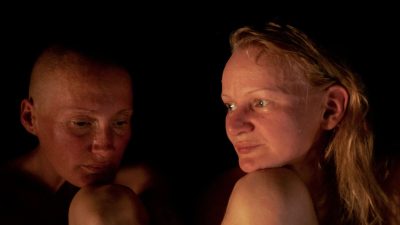
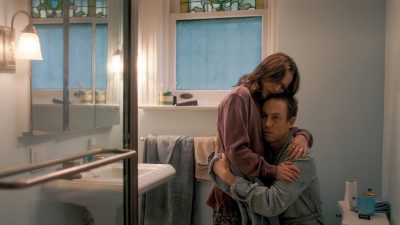
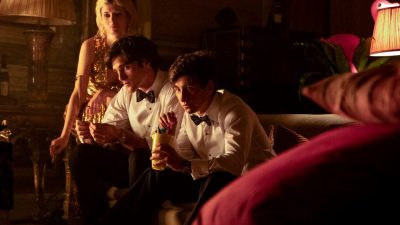
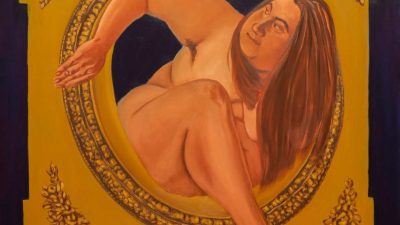
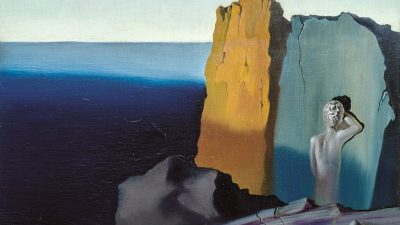
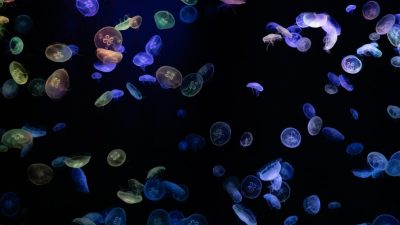


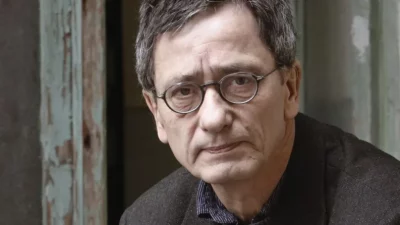



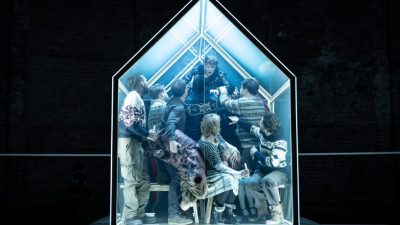
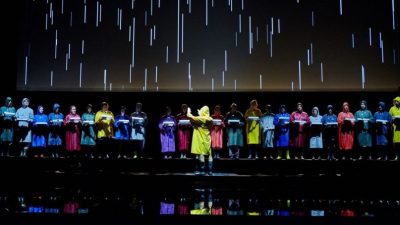


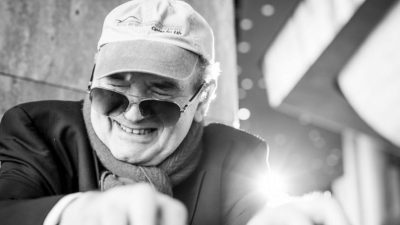


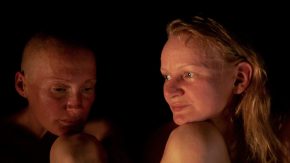
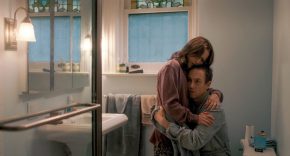
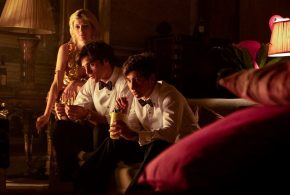
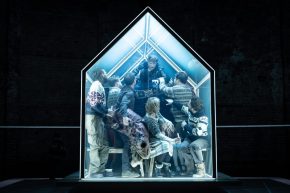

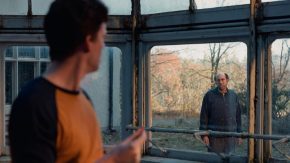
Comments